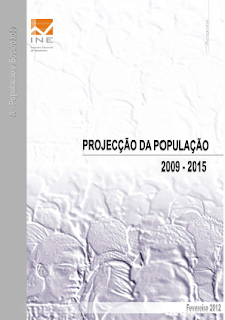«Uma equipa técnica do Ministério da Administração do Território reuniu-se na Baía Farta com as autoridades administrativas, com quem analisou a hipótese da comuna do Dombe Grande ser desanexada e passar a município. O director nacional da organização do território do Ministério da Administração do Território, que chefiou a equipa, lembrou que a elevação de algumas localidades à categoria de municípios implica uma revisão da divisão política administrativa, fixando novos limites territoriais, com base nas realidades de cada região. Correia Caetano revelou que a comuna da Canjala, Lobito, também pode vir a ser promovida a município. O número de novos municípios, referiu, depende da conclusão dos trabalhos que estão a ser realizados em várias localidades do país.
A mesma equipa do Ministério da Administração do Território já trabalhou nas províncias do Namibe e Huambo. Nos próximos tempos, admitiu Correia Caetano à agência de notícias Angop, devem surgir mais de 60 municípios que vão ajudar a desenvolver as comunidades. O Ministério da Administração do Território promoveu a divisão administrativa das províncias de Luanda e do Bengo, cuja Lei foi aprovada pelos deputados à Assembleia Nacional na legislatura passada. Neste processo administrativo, Luanda ficou sem a localidade do Panguila e absorveu os municípios de Quiçama e do Icolo e Bengo.» (Fonte: Jornal de Angola, 28.10.2012)
A mesma equipa do Ministério da Administração do Território já trabalhou nas províncias do Namibe e Huambo. Nos próximos tempos, admitiu Correia Caetano à agência de notícias Angop, devem surgir mais de 60 municípios que vão ajudar a desenvolver as comunidades. O Ministério da Administração do Território promoveu a divisão administrativa das províncias de Luanda e do Bengo, cuja Lei foi aprovada pelos deputados à Assembleia Nacional na legislatura passada. Neste processo administrativo, Luanda ficou sem a localidade do Panguila e absorveu os municípios de Quiçama e do Icolo e Bengo.» (Fonte: Jornal de Angola, 28.10.2012)








